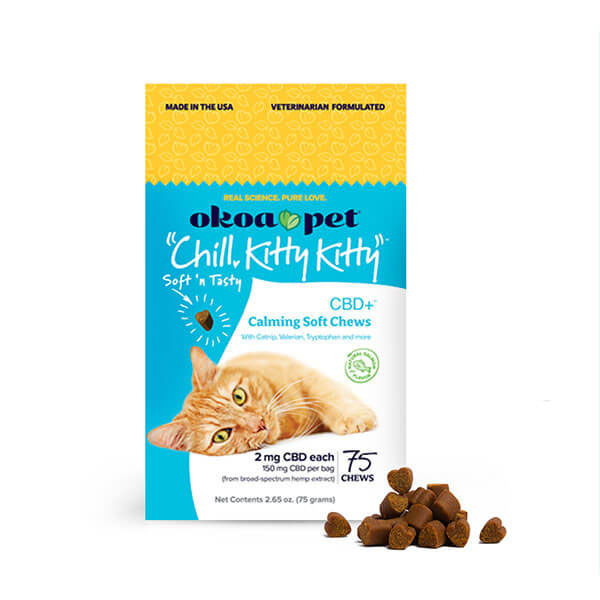Everything You Need to Know About Adopting a Senior Dog
People tend to be hesitant about adopting a senior dog, but a mature pup can be the right and an even better fit for pet parents than a puppy. A senior dog can make a loving and loyal companion. Sadly, older dogs are often overlooked in favor of younger dogs. The trick is to know what to expect when it comes to senior dog care. In this post, we explore everything you need to know about adopting a senior dog.
The first thing to know is what is considered a senior dog? Generally, dogs are considered seniors around the age of 7. On the other hand, for smaller dogs that can be later — sometimes much later. Besides, age can be just a number for dogs, too. Many senior dogs remain active and energetic in their later years while many younger dogs have always been more low-energy than their older counterparts.
Background history
Something pet owners don’t often consider is just how much you can know about a senior pup. If you’re adopting a 7-year-old-dog, for example, you often get comprehensive information about their personality, likes, dislikes, energy level, how they get along with children or other animals, what are their grooming needs, etc. Senior dogs are much more predictable in almost every respect. As a result, it is a lot easier to assess which fur baby is the right fit for your family.
Health and mobility issues
Just as with humans, age brings with it various challenges regarding health, mobility, aches and pains. These can greatly vary across breeds with some breeds suffering from specific issues. However, all dogs regardless of age benefit from regular exercise, good nutrition and regular checkups at the vet. There’s a chance, though, that a senior pet will need extra attention and more visits to the vet, so be aware of that before adopting. If you ask for a veterinary report before adopting, you can assess what extra costs might come with a particular dog.
There are also products specifically designed to help aging dogs with their mobility and joint health. Our “Happy-Go-Puppy” CBD chews, for example, are all-natural and vet-formulated supplements designed to help relieve stiffness, aches, and pains as well as promote healthy joints.
Lower energy levels
It’s important to remember that energy levels and the need for exercise greatly vary among senior pups. Generally speaking, they do have lower energy levels and need less exercise than puppies and young dogs. Depending on your lifestyle, this can be a pro or a con. If you live a very active lifestyle, perhaps a younger dog or an active senior dog is the right choice. But if you prefer shorter walks or don’t have the energy to deal with a young and enthusiastic pup, a low-energy senior dog can be the perfect fit.
Old habits
As they say, old habits die hard. Just like with energy levels, that can be a pro or a con depending on what your needs are as a dog owner. On the positive side, older dogs are often already used to socializing and they have basic training and house manners. In other words, they understand what “no” means and won’t pee on your carpet. On the other hand, if they’ve established a dislike for cats, for example, or have been taught a certain way of doing something, it can be very challenging to teach them a new habit.
In need of homes
Almost everyone looking to adopt a dog wants to adopt a puppy or a young dog. On average, senior dogs spend much more time waiting for their fur-ever home. Sadly, they often don’t get adopted at all in spite of having many active, happy years ahead of them. A Senior dog can bond with you and love you just as much as a younger dog. Adopting an older dog may save its life and bring a whole lot of love and loyalty to yours.
Are you interested in adopting a senior dog? Every state has shelters specializing in senior pet adoption and you can find a list of them here.
Consider Pet Insurance
Our dear animal friends experience health issues and common medical conditions just as much as humans do. As pet owners, we only want the best for them, which includes taking them to the vet regularly to ensure they’re in good shape.
If our furry friend is hurt or develops a life-threatening condition, veterinary costs can quickly build up. That’s where pet insurance can come in handy
Pet insurance typically costs between $38 to $70 in the US each month and can cover up to 90% of a pet’s medical bills under some plans. We know how difficult it is to research the various pet insurance companies on your own so we recommend reading Money.com’s great article for their review and recommendations on finding the right provider for your furry pal. (https://money.com/best-pet-insurance/ )
Rember to sign up for our newsletter and follow us on Facebook and Instagram for furry news, tips, and offers 🐾








